Home » Products » Adsorbents » Molecular Sieves » 4A Molecular Sieve
4A Molecular Sieve
Deep dew point?……One answer: Petrotat 4A Molecular Sieve
For over 10 years, we have worked closely with industry stakeholders to enable successful sustainable process. With PETROTAT 4A Molecular Sieve, PSA/TSA air dryers can be more durable and require fewer costs for maintenance.
Petrotat 4A Molecular Sieve is a synthetic crystalline aluminosilicate with a regular micropore structure.; it is the sodium form of the Type A crystal structure. 4A molecular sieve has an effective pore opening of about 4 angstroms (0.4nm). Petrotat type 4A molecular sieve will adsorb most molecules with a kinetic diameter of less than 4 angstroms and exclude those larger. Such adsorbable molecules include simple gas molecules such as oxygen, nitrogen, carbon dioxide and straight chain hydrocarbons. Branched chain hydrocarbons and aromatics are excluded.
- Product's advantages at a glance:
- Cost-effective and efficient
- Low Pressure Drop
- Long Lifetime
- High Water Adsorption Capacity
- Full Technical and After-sales Service
- Performance Guaranteed
Product Applications:
Our 4A Molecular Sieve is a widely used adsorbent for many different applications. Like compressed air drying, natural gas dehydration, CNG drying, Automobile air condition system. Petrotat 4A exhibits high water adsorption capacity at low partial pressures and at temperatures up to 100 °C.
More information about 4A Molecular Sieve
4A Molecular Sieve, which is also called zeolite 4A, is one of the types of aluminosilicate crystals with average pores of 4 angstroms – 0.4 nm. Molecules with a diameter smaller than 4 Angstroms are adsorbed by zeolite 4A Molecular Sieve. 4A Molecular Sieve is usually used to dehumidify air in compressed air dryers and pneumatic brake systems, as well as natural gas dehumidification.
4A Molecular Sieve Regeneration Method
4A Molecular Sieve reaction can be regenerated by TSA thermal method at 250 – 280 degrees celsius or by reducing pressure in PSA process. If the molecular reaction is properly regenerated, it can create a dew point below -100°C. 4A Molecular Sieve should not be exposed to the open air and should be stored in dry conditions and in proper airtight packaging.
